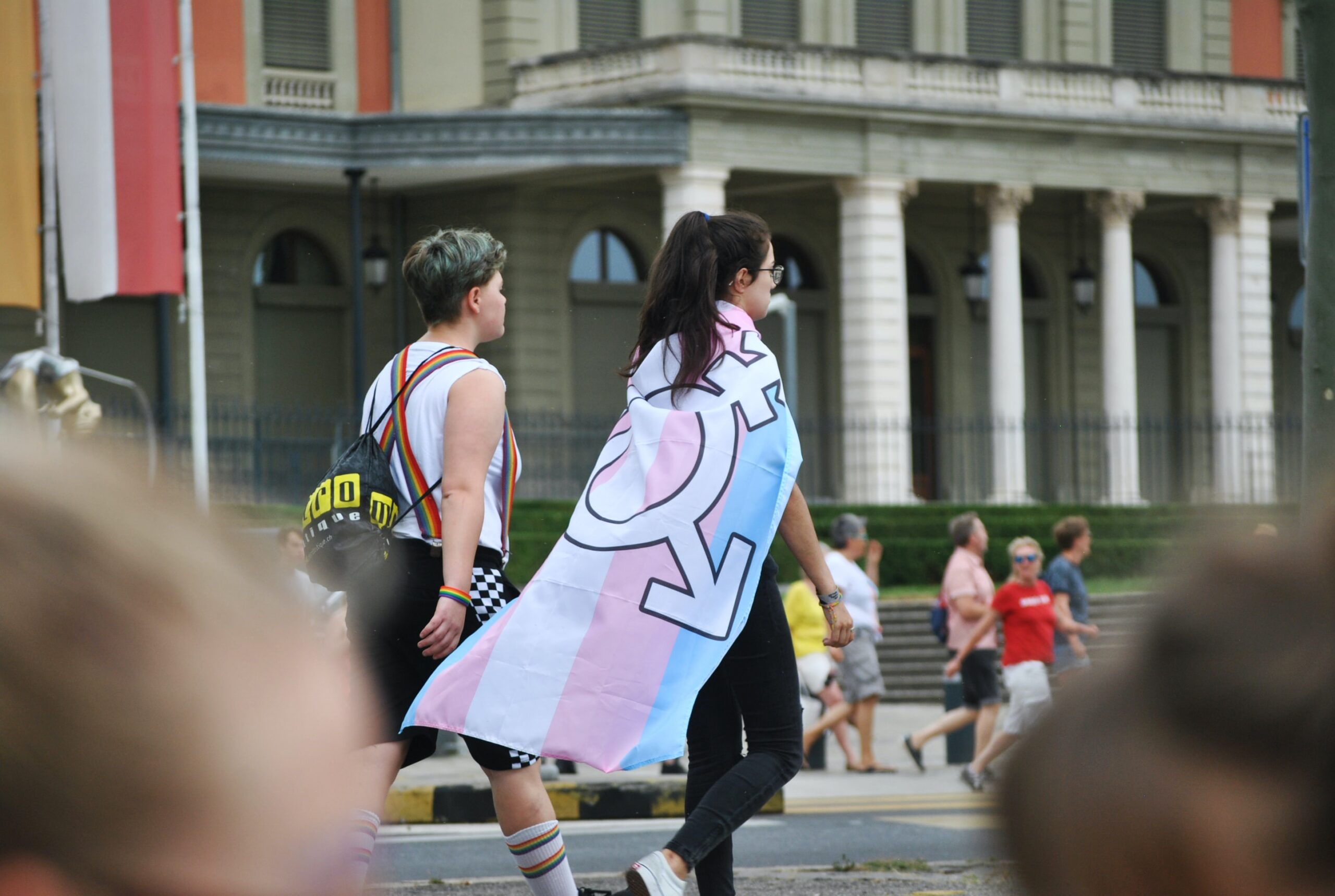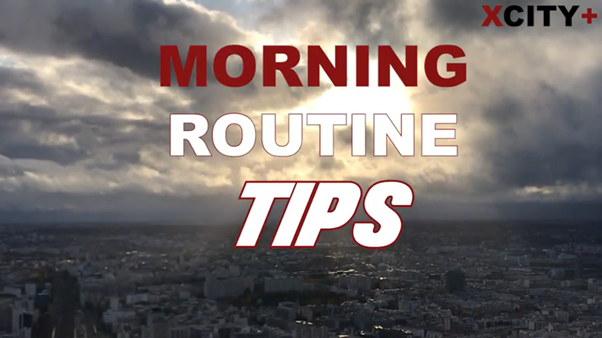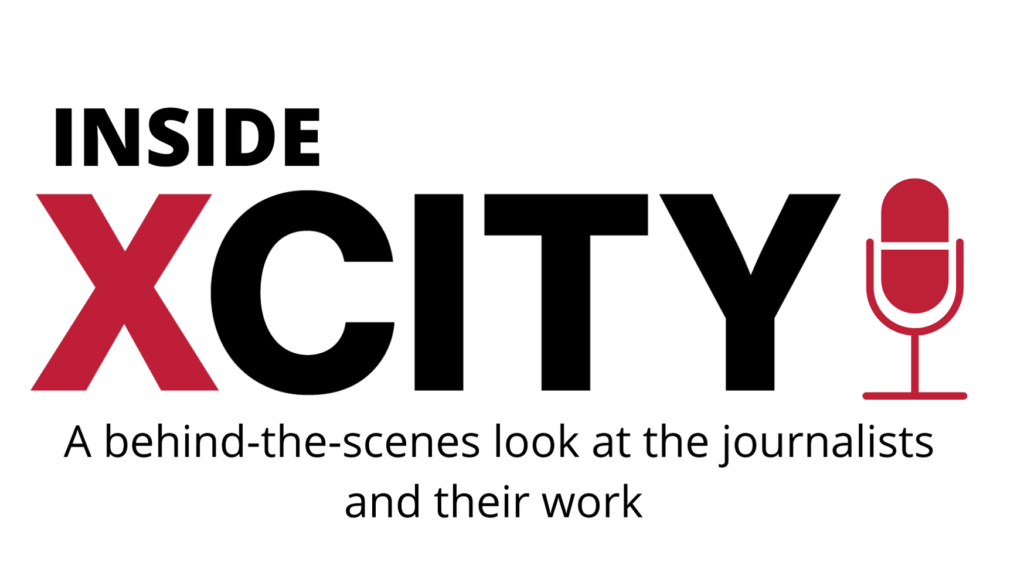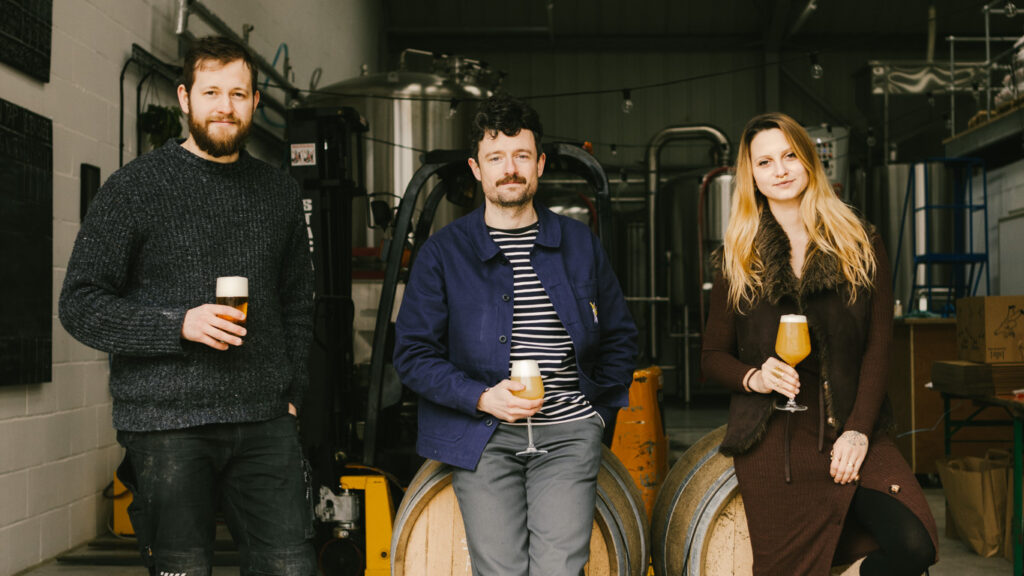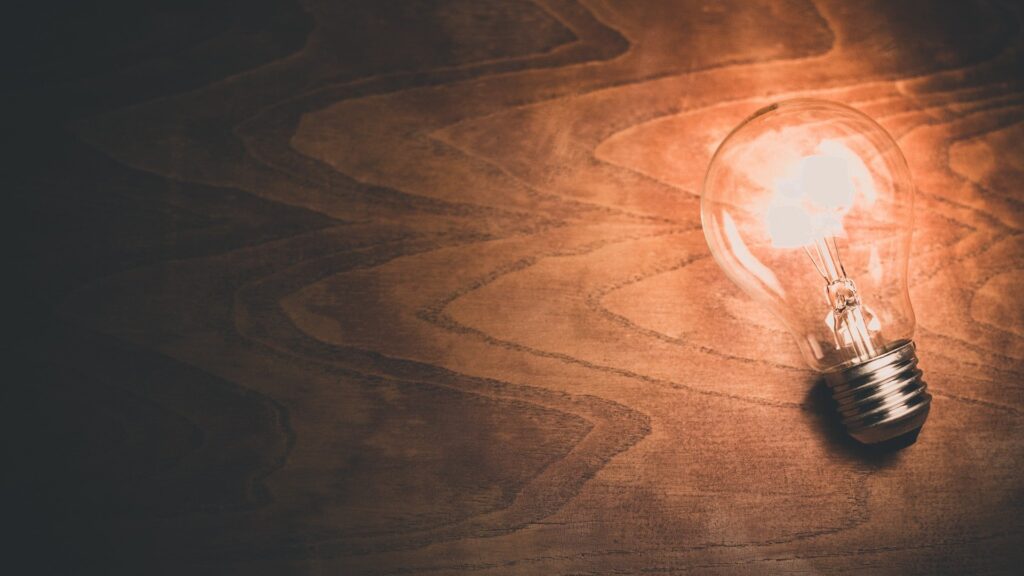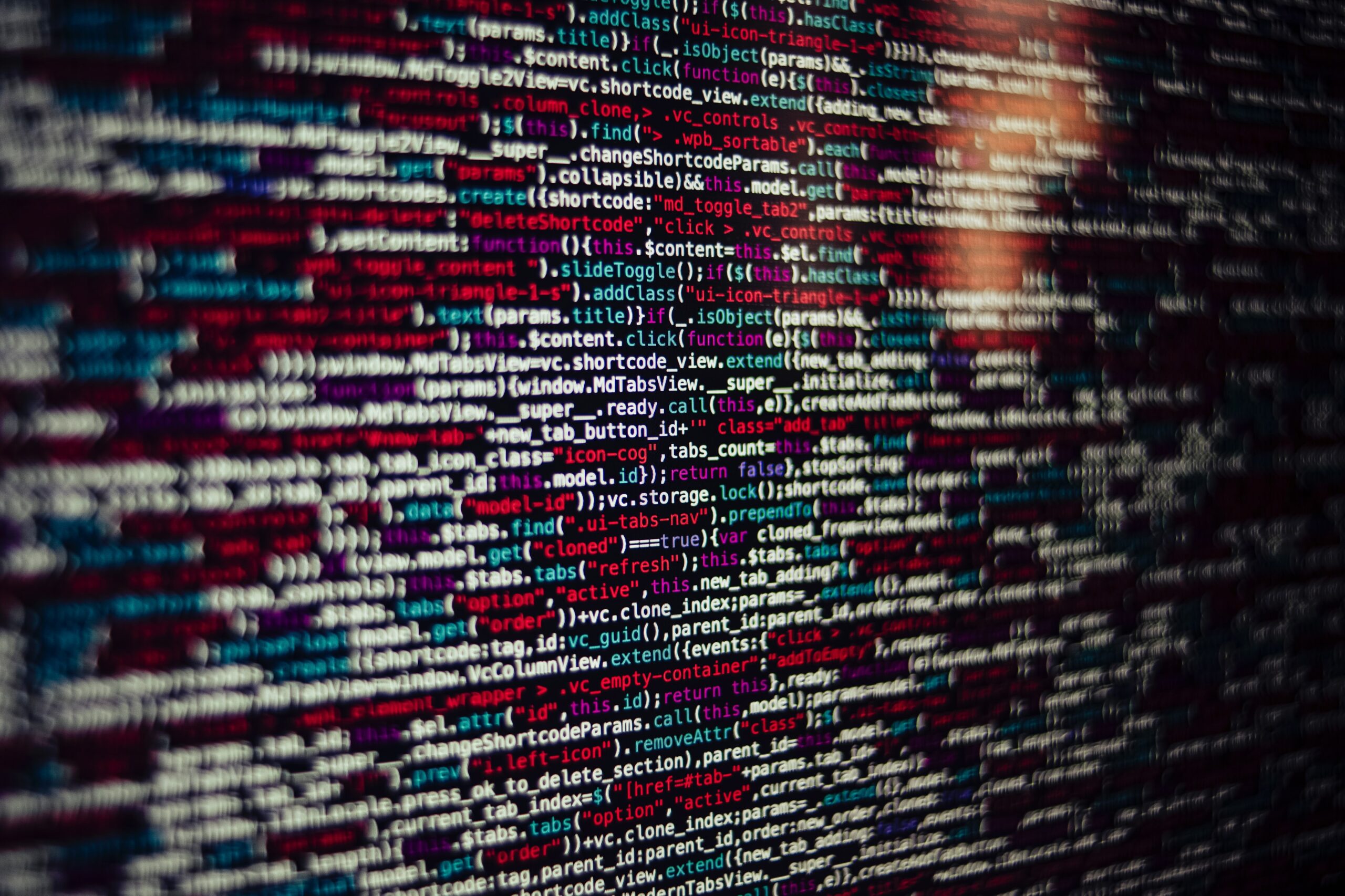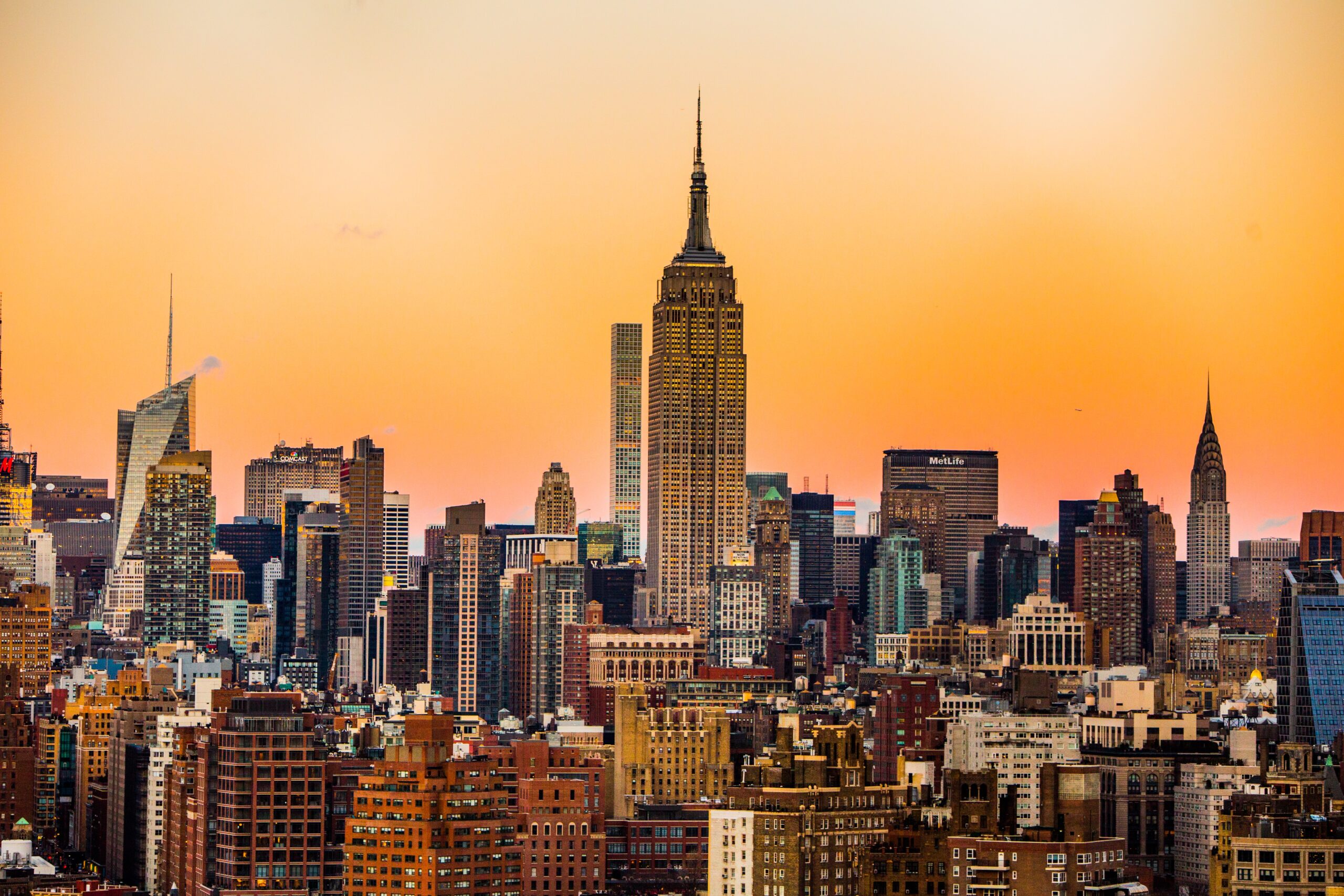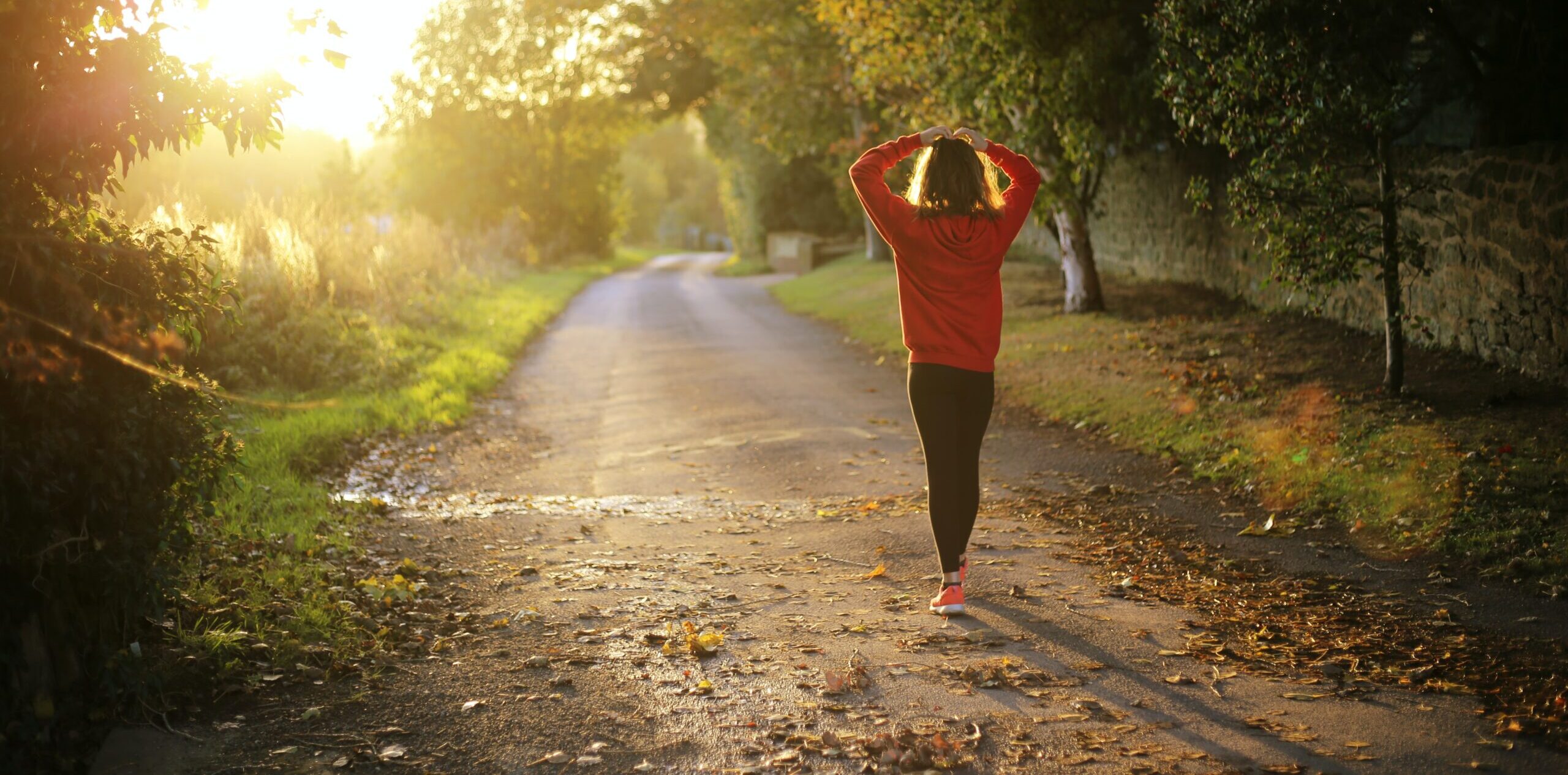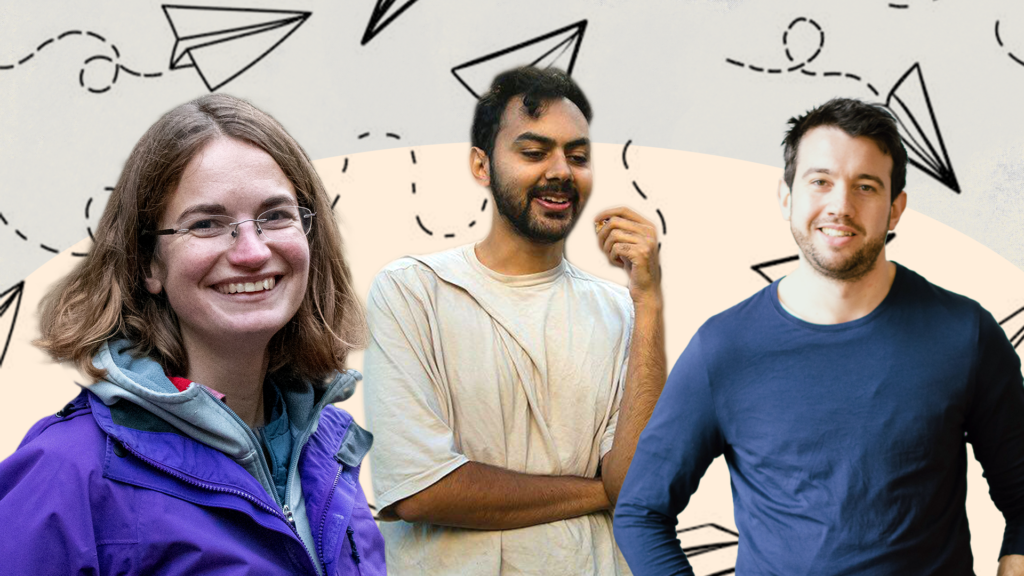As our newsrooms continue to broaden and diversify, it’s important to ensure journalists stay as informed as they can be. Over the past few years, trans people have experienced a historic groundswell in media visibility: from celebrities like Caitlyn Jenner, Laverne Cox and Elliot Page on glossy magazine covers, to TV shows like Transparent and Pose.
The morning routine of a student journalist in lockdown
Eva Levy talks about her morning routine as a student journalist and gives her top tips on maximising productivity.
Inside XCity Podcast: Episode 4
Today, Jake Helm and Nicola Blackburn chat with Cara Laskaris and Eloise Feilden about City’s new podcasting module and those magical “lightbulb moments” all writers dream of.
From headlines to hops: Leaving journalism to open a brewery
Opening his own brewery was food writer Daniel Tapper’s dream. The brewer began his journalistic career, writing for the likes of The Guardian, Waitrose Kitchen Magazine and Delicious, but it was while freelancing full time that he began experimenting with home brewing.
Light bulb moments: How to develop compelling ideas
As journalists we’re often told that ideas are our currency – as if cartoon-like ‘light bulb moments’ pop into our heads on demand. But how often have you found yourself uninspired? Does it ever feel like your well of pitches has run dry? Cara Laskaris speaks to Richard Klein, Oscar-winning factual TV producer and commissioner, about how to develop compelling ideas.
Six tips for data journalism from industry experts
Three prominent British journalists who know all about creating data-driven work are: John Burn-Murdoch, Senior Data-Visualisation Journalist at The Financial Times; Ashley Kirk, Visual Projects Editor at The Guardian; and Alex Homer, Senior Journalist at the BBC Shared Data Unit. Here are their top tips for getting to grips with data-driven journalism.
Journalists in film may be more glamorous, but why are they so unrealistic?
In movies, journalists are often depicted as cool dudes with a latte in one hand and their Macbook in the other, like Miranda Priestly in The Devil Wears Prada. But movies aren’t real life, and sometimes, fictional journalists are too ridiculous to believe. XCityPlus has identified some of the most ludicrous fictional journalist moments.
Work-from-home wellbeing: How the UK’s leading health and fitness journalists are getting through the pandemic
For journalists working through the pandemic and the changes it sparked, it can seem impossible to balance a career and still take care of their mental and physical health.
But what about the people who write about these topics for a living? We spoke to some leading health journalists to find out how they stay happy and well when working from home – and what they’ll do going forward.
Substack revolution: Five best independent newsletters to follow
Imagine opening up your email and there’s something you actually want to read. Substack is a platform that allows anyone to start their own newsletter, with every article sent directly to their subscribers’ inbox. Substack attracts around 16 million people to their website every month, with over 500,000 subscribers paying for a flood of distinct newsletters. Here are five top-tier newsletters to get you started.
Inside XCity Podcast: Episode 3
Today Jake Helm and Nicola Blackburn are joined by Aisha Rimi and Sophie Laughton, chatting all about Black Lives Matter protests and an investigation into City’s spending on PPE.
Six photojournalists that revolutionised their craft
The storming of the Capitol; the tangled tubes of an intensive care unit; the latest snaps of the prime minister’s dog – rarely is an event (or non-event) left uncaptured by photojournalists.
In the modern age, with a camera in every pocket, it’s never been easier to be a photojournalist. But who were the true innovators of photojournalism: those that pioneered new styles and techniques, or irreversibly altered what was acceptable to be photographed?
Substack creates newsletter opportunities for freelance journalists hit by the pandemic
Sophie Yeo thought she might never work again. Having finished her last commissioned article on 7 April 2020, Yeo was without any environmental writing opportunities for the first time since she became a full-time freelancer three years earlier.

